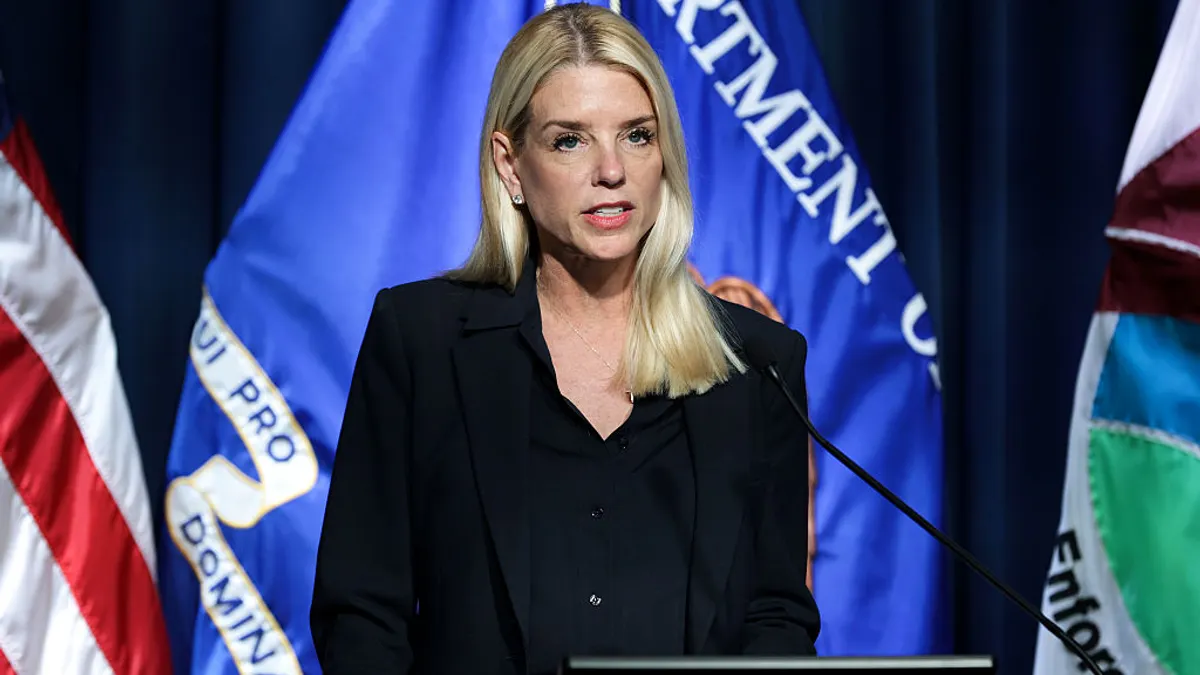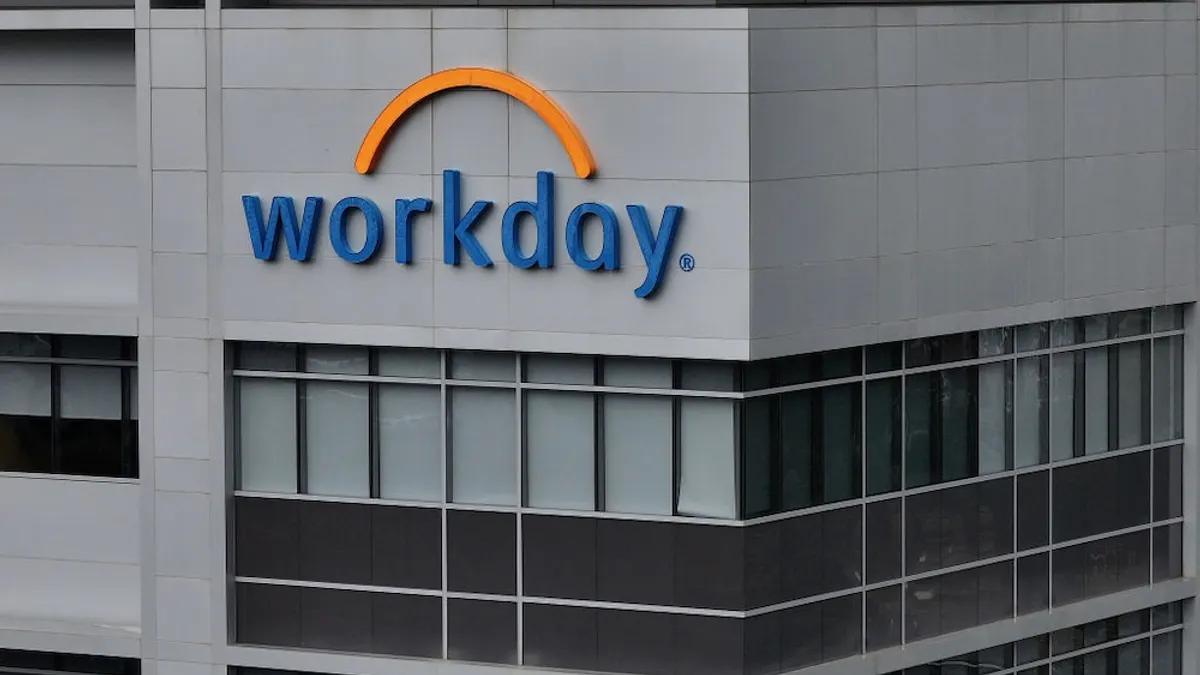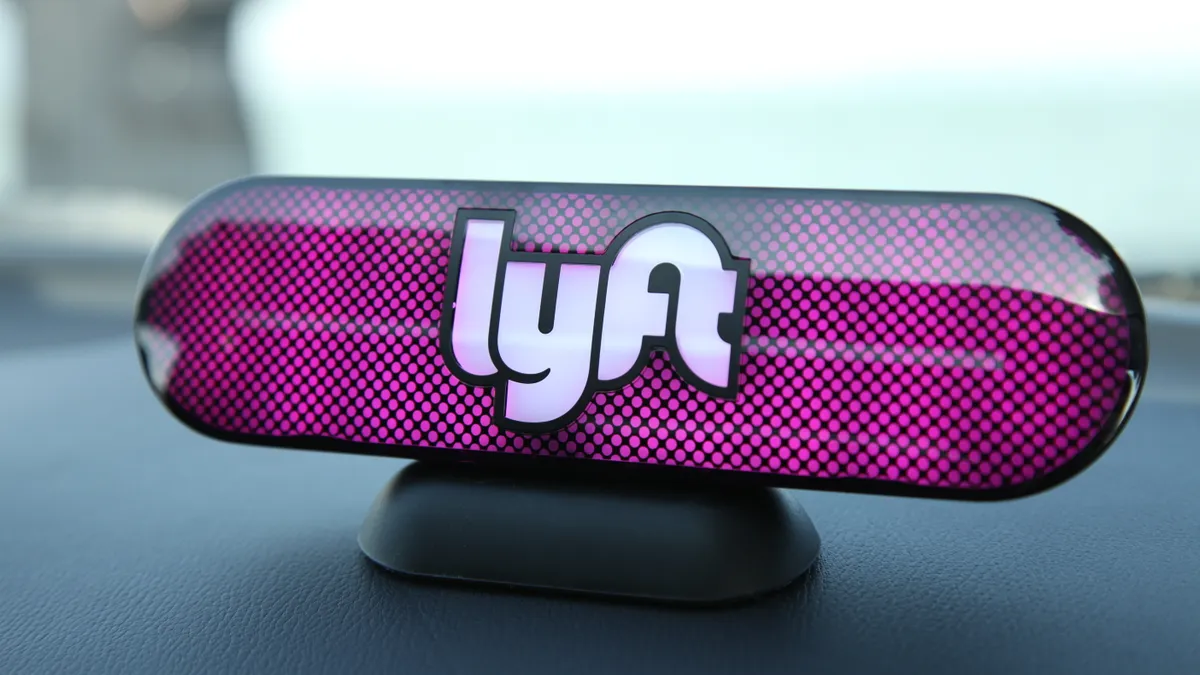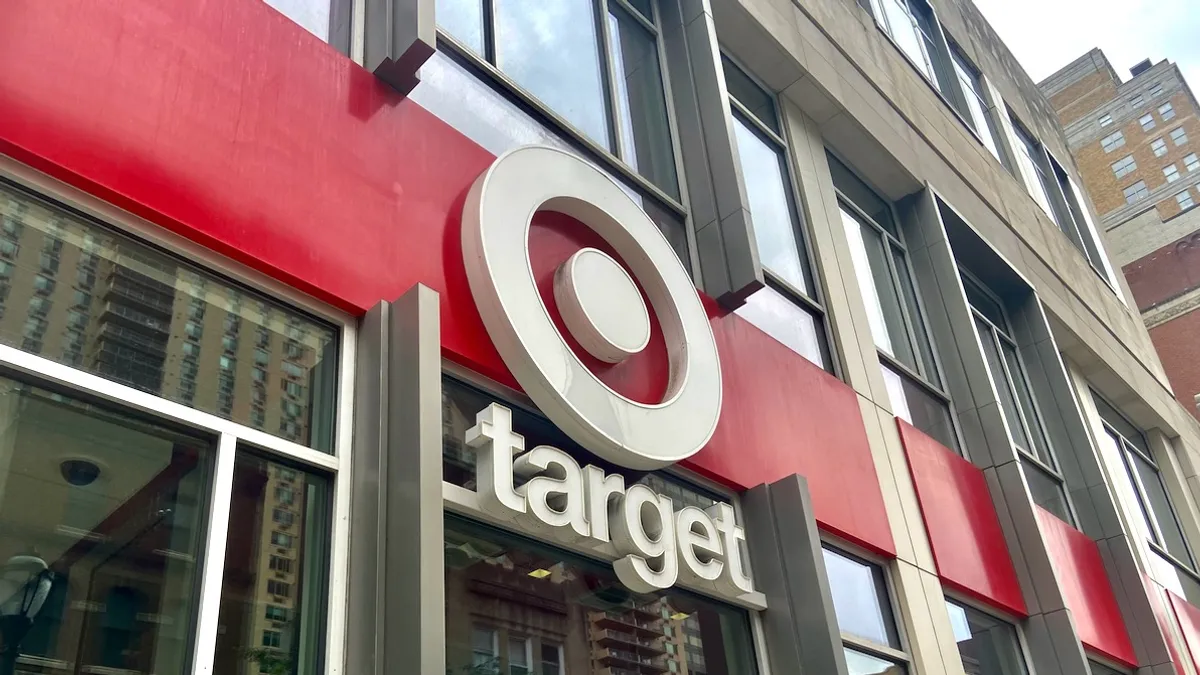How do you successfully transition to an HR leadership position overseeing thousands of employees? It's a tough question, but tapping into the resources that already define a new employer could make a huge difference.
That's what Anne Buchanan, CHRO of Guitar Center, has found to be true after little more than a month's time in that position. A self-styled HR veteran, Buchanan brings years of experience working with organizations like BCBG Max Azria Group, and brands like FRYE, BEBE and Joe's Jeans. Her career experience includes several facets of the retail industry, from product design and marketing to storefront operations.
But it was Guitar Center's passion for its product that enticed her to the music store chain, she said. And in a fast-paced retail environment that increasingly tasks workers with providing a better in-store experience, brand identity and company culture are one and the same. Below, Buchanan discusses her mindset as CHRO ahead of a busy holiday season for Guitar Center, and how her past HR experience is informing her future with the brand.
The following interview has been edited for clarity and brevity.
HR DIVE: As someone who's been in charge of large employee bases before, what do you think is important to do when you adjust to a new role, especially at the executive level?
BUCHANAN: I really feel like it's just getting to know the people and the organization. I've learned that different organizations operate in different ways. I think it's the No. 1 most important thing to get down to business and try to do your best to understand operations right out of the gate, which takes a little time. But start connecting with as many people as you can to build credibility, trust, understanding and really start to get integrated with the organization.
The holidays are coming up, a big hiring period for retail. What do you emphasize to managers and recruiting staff around this critical time of year?
BUCHANAN: It's interesting to talk about this, because I feel like holiday hiring has changed so much over the years and having been in retail for multiple years, I've kind of seen the swing. I remember in the mid-2000s, holiday ramp-up started in October and carried through the first couple weeks in January. In those days it was critical to advertise, source and screen early.
Over recent years, retail holiday needs have changed. Today, customer service is face-front. For Guitar Center, we're fortunate to have a workforce that is full of amazing musicians and gear experts. These talents are so special that we leverage them fully during the holiday season by flexing part-time hours out to meet the demands of holiday traffic in stores. It's an ideal way to ensure that we provide our customers with an excellent in-store experience because as you can imagine, there's so much gear and so many products to learn.
"For retailers, many times our customer is our employee — it's the same thing."

Anne Buchanan
CHRO, Guitar Center
So to hire staff in October and expect them to be prepped and ready by November doesn't really make a lot of sense. And if you look at the composition of our workforce in terms of part-time and full-time, we're really fortunate to have the availability to flex up to accommodate store hours, but more importantly, our customer needs.
It's always a challenge to deal with the scheduling around hourly workers during busy times of the year. How do you approach that? Are there innovations that can help you do so?
BUCHANAN: I think timekeeping systems and workforce management systems have evolved so much these days where you can really anticipate your peak hours, and in my recent experience, flexing up during those hours hasn't been problematic. Retail employees understand that this is the busy time of the year during the holidays, and people are ready to step up and give more in terms of hours and in terms of coverage.
What has changed around hiring technology in the time that you've been in HR?
BUCHANAN: Applicant tracking systems and the flow of candidates coming in and having that electronic flow of candidates helps you be able to move the process a lot more quickly. It's much more efficient today than it was 15 years ago.
But I think that no matter how much technology we have, it's never going to take away that chemistry that you find with a candidate, and having a real person and a real interview, and understanding what that fit looks like for any particular work environment. As much as I say it's great that we can screen candidates in a more efficient way, I really love the human touch and being able to look someone in the eye and hear them on the phone, and doing that simplistic screening that has worked for ages.
How do you feel about the concept of culture and the importance of organizational culture? How do you define it in the context of managing people?
BUCHANAN: I've always thought about culture in the way that, when you walk into someone's home, you generally have a feeling about their home and their family — you don't have to know them or spend a whole day there to figure it out.
That's kind of how I think about culture. You walk into a retail store or a corporate office and you kind of get a feeling. It's about inclusivity, it's about how you see people interact, it's about civility and respect in the workplace. And you pick up on all of those things. It's also about the history of the company and the past, as well as today.
For Guitar Center, there's a rich, deep history, and I think a rich, deep culture. We have musicians; music is a theme. People love music. People play music. People talk about music. That brings a bit of fun to the atmosphere — it's not so sterile in that regard. You hear music in the hallways, you can see the pictures of musicians and bands that have a deep relationship with Guitar Center.
Is it important, in your experience, to keep internal messaging around brand consistent with what's communicated externally?
BUCHANAN: My perspective is that it's one communication, one brand. There should be a thread that weaves through that brand. Sure, there might be things that we're communicating to our employees versus our customers, but I'm really big on the fact that it should be the same, it should feel the same.
When you look at internal communications, there should be something similar about as an external communication. You hear a lot about employer branding, and I understand that, but it's really one brand. And we're just kind of putting the reflection in the mirror in a different place. It's a reflection to our customers, to our internal customer (our employees).
"People love music. People play music. People talk about music. That brings a bit of fun to the atmosphere — it's not so sterile in that regard. "

Anne Buchanan
CHRO, Guitar Center
At my previous employer, I did a lot of work around making sure that there's a feeling that you get in-store and there's a feeling that you get when you see advertisements of our brand. It was very different when you walked into our corporate office, or when you looked at internal communications. They were kind of cobbled together and not branded, and I was lucky that I had an amazing marketing department to work with that was very on board with making sure that it was one brand and one message.
I think Guitar Center is a little different in that we get that already, but there's always more work to do, and once again, I have an amazing marketing department that completely gets it and wants to be a good partner to HR. We're putting plans together to start to build on that aspect of our brand and ensuring that the thread that's woven through everything we do is always somewhat the same, and looks, feels and talks like our brand for our employees.
What are you looking forward to as far priorities for this year, and beyond that, for Guitar Center? How do you think about your role and moving it forward?
BUCHANAN: I really want HR to become a trusted business partner for the Guitar Center leadership team. Not to say it's not already a trusted partner, but I really want to move the needle from just back-end HR administrative activities to an actual business partner where, if you want to get the talent right in the store, HR is a natural partner to say: let's do a store visit, help me with some interviews — really improving the business through talent and through organizational culture and structure.
I think that's why I was hired for this job, because I do look at it from a business perspective. And everything HR does should have a business return.




















